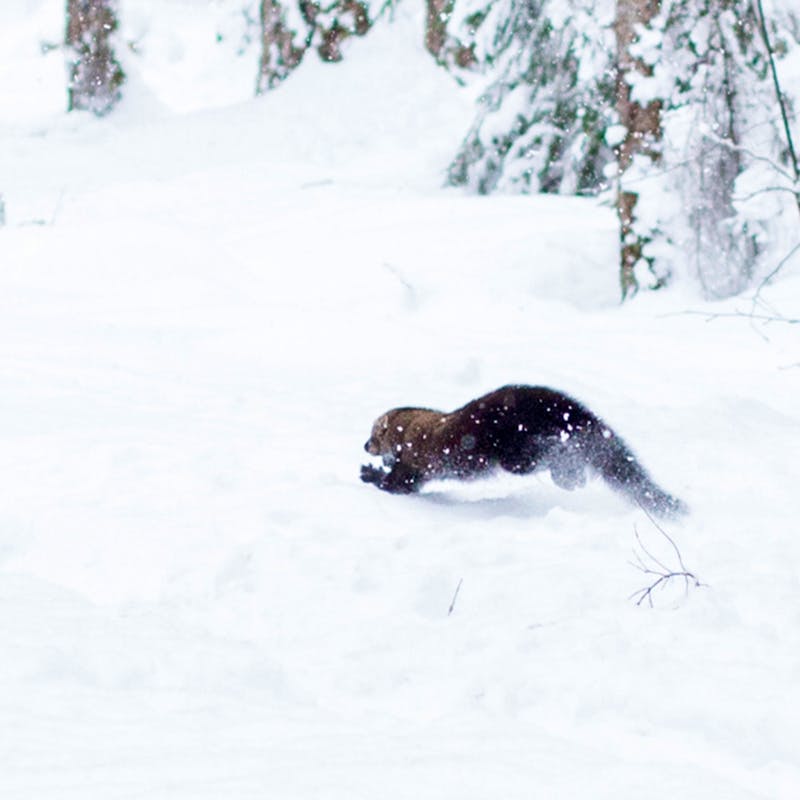A weekly homage to endangered species, large and small
Earlier this year, we saw an unprecedented level of attacks on individual species orchestrated by politicians trying to undermine the Endangered Species Act for the benefit of special interests (see Defenders’ comprehensive report, Assault on Wildlife). So this summer, we interviewed several wildlife experts from outside Defenders during their recent visit to Washington, D.C., to talk about current threats to imperiled wildlife and the importance of upholding the Endangered Species Act.
Saving Mexican Wolves
Kim Crumbo of the Grand Canyon Wildlands Council was a Navy SEAL and did two combat tours in Vietnam, so he knows what it’s like to try to survive in the wild on your wits alone. That might explain why he was drawn to defending Mexican wolves–one of the rarest, most endangered species in the entire world.
As Kim points out, only 50 Mexican wolves survive today in the wild along the border between Arizona and New Mexico. But that hasn’t stopped politicians like Rep. Steve Pearce (and, more recently, Sen. Orrin Hatch) from trying to derail the Mexican wolf recovery program.
In February, Pearce tried to tack on a rider to must-pass legislation to fund the federal government that would have zeroed out funding for Mexican wolves. Then he proposed the same amendment again during FY2012 budget negotiations this summer.
Without adequate funding for the recovery program, Mexican wolves will almost certainly be doomed to extinction, and the potential benefits they can bring will be lost. Mexican wolves, like all gray wolves, play a critical role in keeping wild prey species in check and maintaining healthy ecosystems. They are part of our national wildlife heritage and have also become an important cultural symbol across many parts of the Southwest.
Enterprising individuals are finding ways to make money by offering wildlife tours in wolf country. Local businesses have started promoting wolf awareness and conservation. And many ranchers are learning to coexist with wolves by employing nonlethal techniques to prevent conflict with their livestock .
Fortunately, the U.S. Fish and Wildlife Service has convened a group of stakeholders including scientists, wildlife experts and ranchers to draw up a new recovery plan that will ensure the long-term survival of the species. Now we need to make sure that politicians representing special interests in the livestock community do not sabotage this effort before it’s given a chance to work.
In a 2008 poll, 69 percent of New Mexicans and 77 percent of Arizonans supported the idea of restoring wolves the landscape. Clearly, some members of Congress need to start listening to all of their constituents.
Learn more about Mexican wolves on Defenders’ website and blog.



